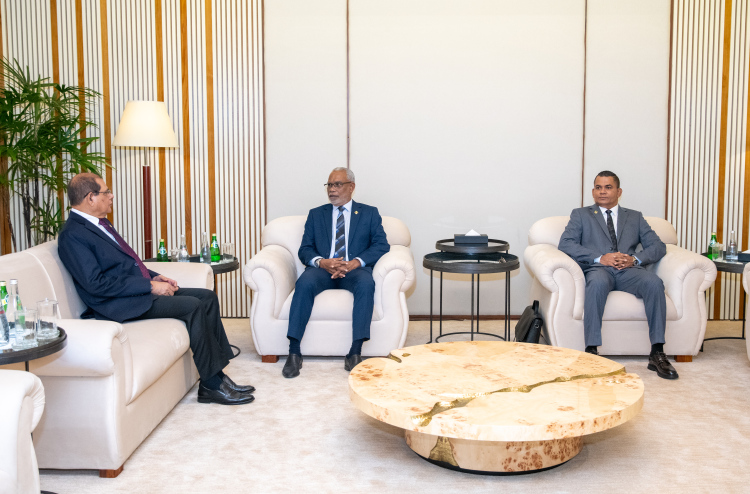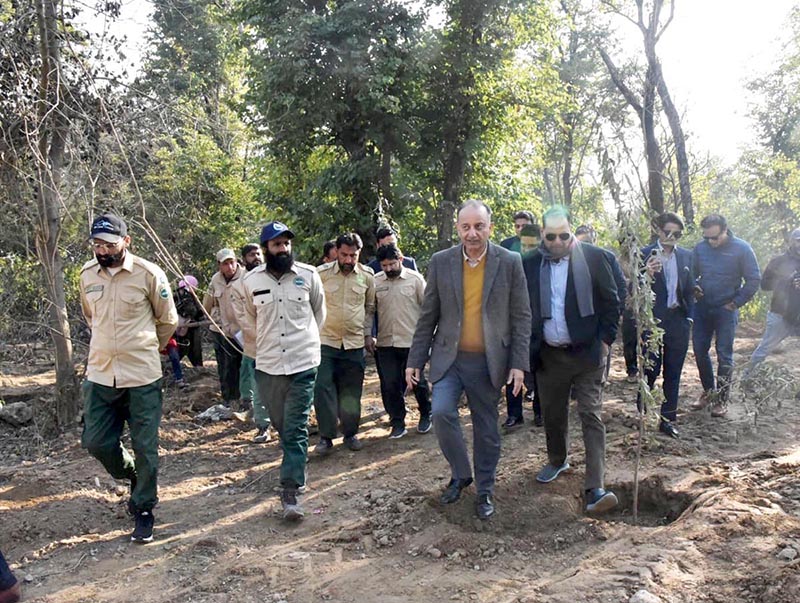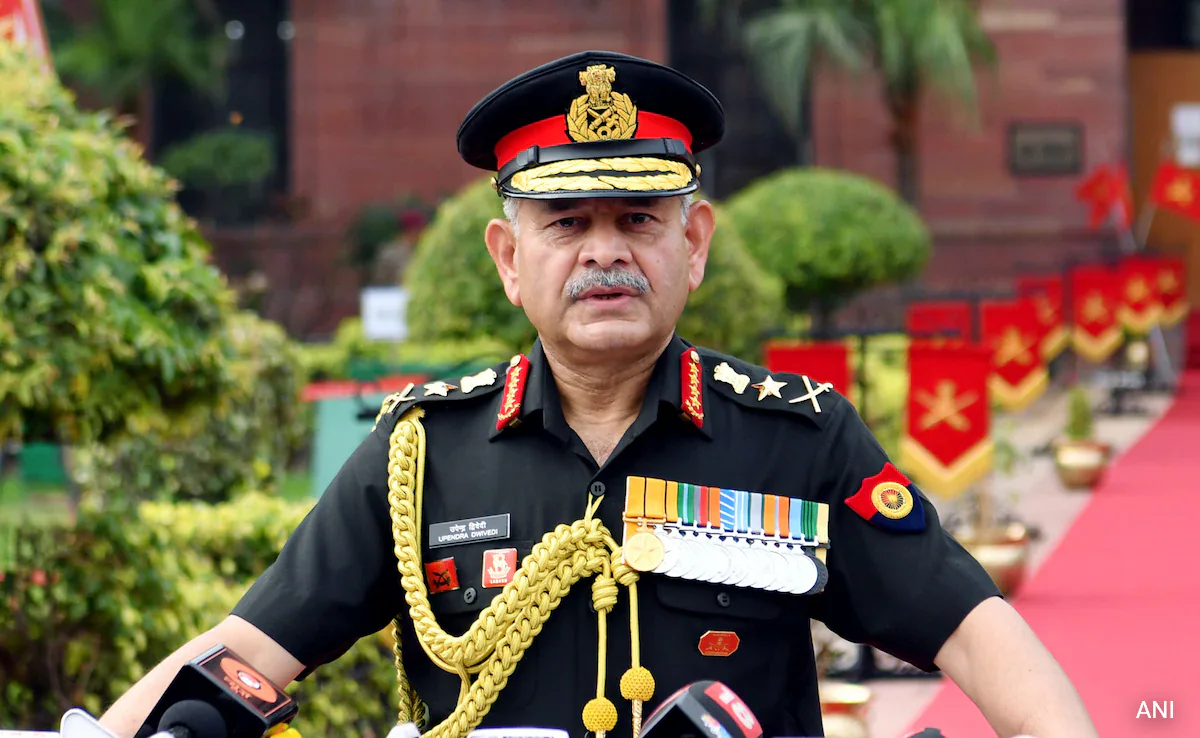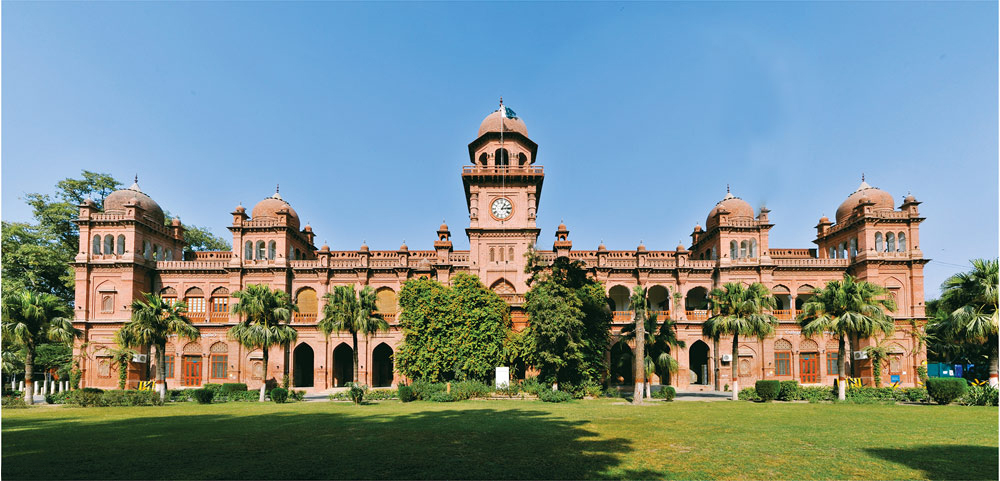LAHORE: (Tuesday, January 13, 2026): Punjab University College of Art & Design, Department of Architecture, organized a thesis exhibition of students in which 27 graduates presented their artwork. Punjab University Vice Chancellor Prof Dr…
Category: 1. Pakistan
-

Speaker Abdul Raheem departs for Commonwealth Speakers’ conference in India
The Speaker of the People’s Majlis, Abdul Raheem Abdulla, has departed for New Delhi, India, to participate in the 28th Conference of Speakers and Presiding Officers of the Commonwealth (CSPOC).
According to the People’s Majlis, the Speaker…
Continue Reading
-
Luton Trading Standards warns residents about unsafe cosmetic products
During routine inspections of local shops, officers seized several products for testing. Laboratory results confirmed that two of these creams contained dangerously high levels of mercury, a chemical banned in cosmetic products due to its…
Continue Reading
-
Pakistan, Myanmar for resolving regional issues through dialogue – RADIO PAKISTAN
- Pakistan, Myanmar for resolving regional issues through dialogue RADIO PAKISTAN
- Permanent Secretary of the Ministry of Foreign Affairs receives Ambassador of Pakistan to Myanmar
Continue Reading
-
4 killed in firing incident in NW Pakistan-Xinhua
ISLAMABAD, Jan. 13 (Xinhua) — Four members of a pro-government peace committee were killed in an attack in Pakistan’s northwest Bannu district of Khyber Pakhtunkhwa province, police said on Tuesday.
The police officials in the area said…
Continue Reading
-
4 killed in firing incident in NW Pakistan-Xinhua
ISLAMABAD, Jan. 13 (Xinhua) — Four members of a pro-government peace committee were killed in an attack in Pakistan’s northwest Bannu district of Khyber Pakhtunkhwa province, police said on Tuesday.
The police officials in the area said…
Continue Reading
-

New Ambassadors present Credentials – 13 January 2026
His Excellency, Miyagawa Manabu, Ambassador of Japan, and Her Excellency Mariam Aftab, Ambassador of the Islamic Republic of Pakistan, presented their Letters of Credence to President Catherine Connolly at Áras an Uachtaráin today.
His…
Continue Reading
-

Federal Minister for Climate Change and Environmental Coordination Dr. Musadik Malik visits Shakarparian, where paper mulberry trees were recently removed and native trees planted .
Federal Minister for Climate Change and Environmental Coordination Dr. Musadik Malik visits Shakarparian, where paper mulberry trees were recently removed and native trees planted . Continue Reading
-

22-Minute Strike On Terrorists Shook Pakistan’s Decision-Making: Army Chief
Indian Army Chief General Upendra Dwivedi on Tuesday said that there were two turning points during Operation Sindoor, one…
Continue Reading
-
Sindh Cabinet approves Rs83b for development of Karachi – RADIO PAKISTAN
- Sindh Cabinet approves Rs83b for development of Karachi RADIO PAKISTAN
- Irrigation infrastructure must be made climate resilient, says Sindh CM Dawn
- KATI welcomes Sindh govt’s approval of Karachi Transformation Plan Business Recorder
- CM reviews…
Continue Reading
